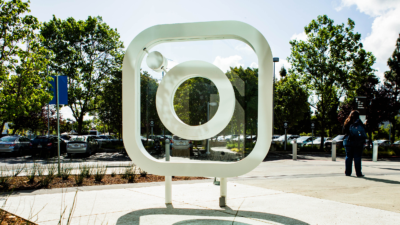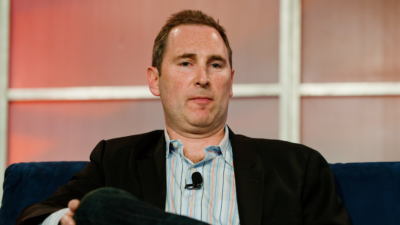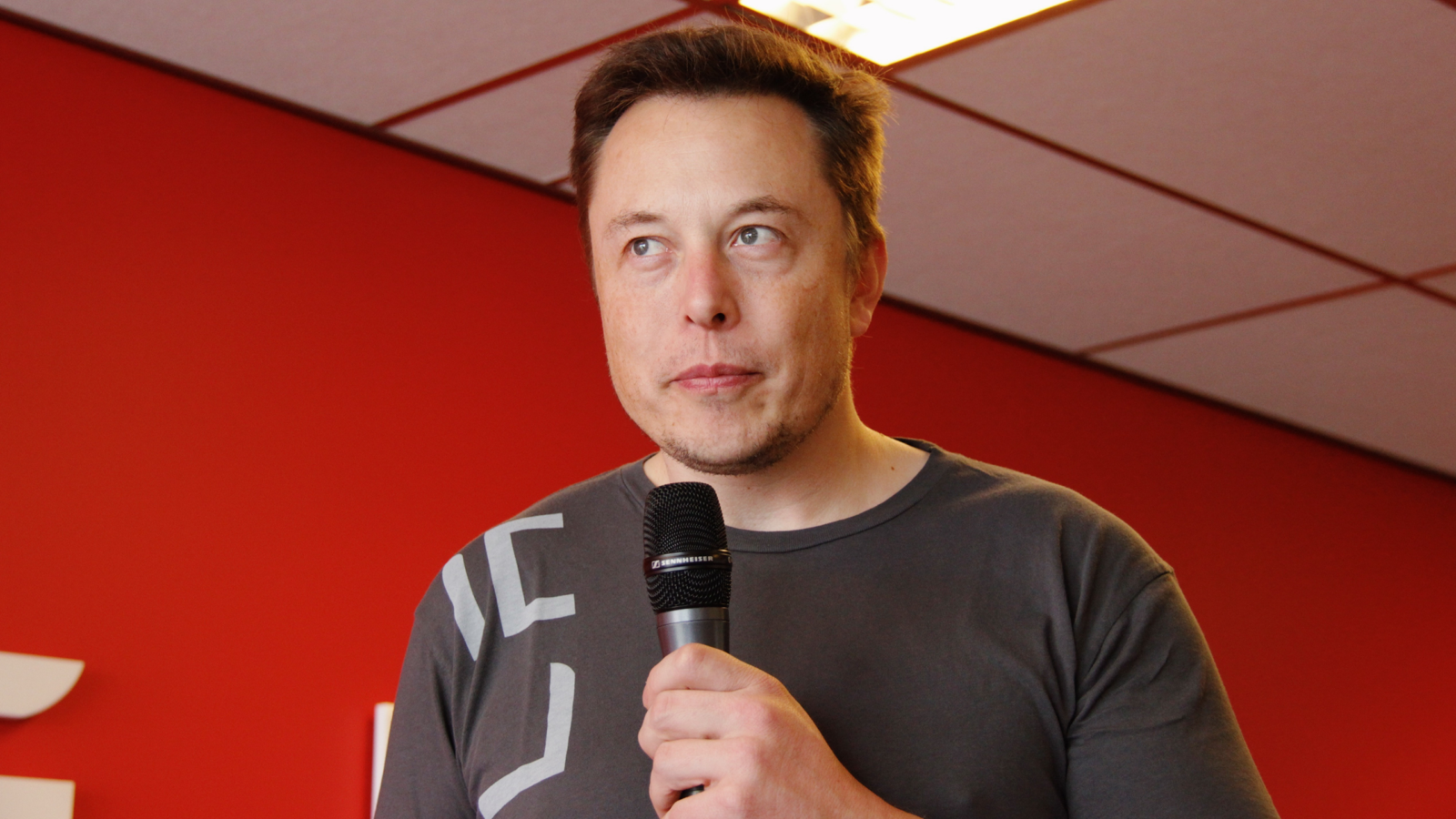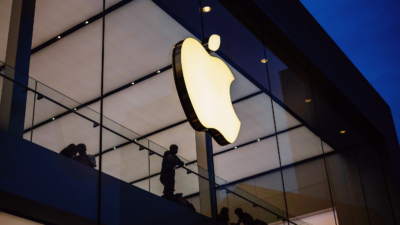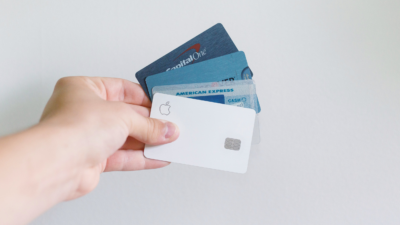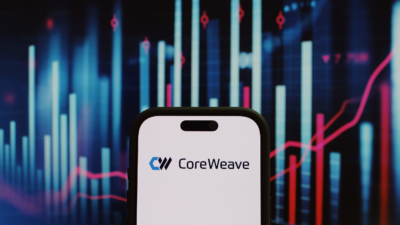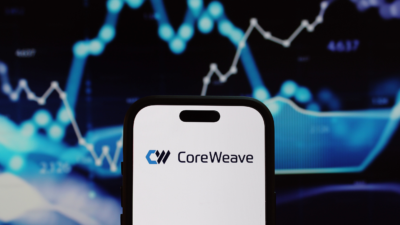23andMe Bankruptcy Leaves 15 Million Customers’ Genetic Data in Limbo
CEO Anne Wojcicki stepped down, but the cofounder remained on the board and says she is trying to buying it back.

Sign up for smart news, insights, and analysis on the biggest financial stories of the day.
Everything is relative, especially when it comes to 23andMe.
Shares in the DNA testing company — known for connecting relatives past and present — plummeted 60% on Monday, a day after it filed for bankruptcy.
CEO Anne Wojcicki stepped down, but the cofounder remained on the board and says she is trying to keep the embattled firm in the family, so to speak, by buying it back. If she fails, the genetic data of 15 million customers could be sold off to the highest bidder.
Genetic Deficit
23andMe went bust for a simple reason that’s been recounted more times than Genghis Khan has descendants. In short, its chief service, DNA-testing, is one that customers tend to use only once, which made shoring up recurring revenues as challenging as facing Genghis Khan in battle.
The company went public in 2021 during the SPAC boom, had a peak value of $6 billion, and was for a time one of the trendiest companies of the pandemic. But attempts to make money came up flat: Personalized health and lifestyle advice as part of a premium 23andMe+ brand brought in less than half what subscribers initially forecast. A partnership to develop drugs using customer data with pharmaceutical company GSK saw just two of 50 drug candidates make it to early-stage human trials.
What’s been less pored over, and is now of acute concern to 23andMe customers, is what happens to their genetic data, which could soon go up for sale in a bankruptcy auction — especially since the genetic information, saliva samples, and health and family information 23andMe has gathered from customers isn’t subject to Health Insurance Portability and Accountability Act protections:
- First of all, the company told customers that, for now, there will be no changes to the way it houses and secures customer data and that it’s complying with all applicable laws. It’s still selling DNA testing kits and conducting business as usual. States including California, however, have told residents to delete any personal information with the company as soon as possible.
- If 23andMe goes to an auction, a bankruptcy judge could recommend the involvement of a consumer privacy ombudsman. When the cryptocurrency platform Celsius filed for bankruptcy last year, the U.S. trustee filed for the appointment of an ombudsman, given the company had financial data on 600,000 customers. After lab-testing startup uBiome went bankrupt in 2019, an ombudsman was appointed and recommended some restrictions on the sale of personal data.
No Silver Bullet: The Harvard Law Review found this month that the “bankruptcy consumer privacy ombudsman was well-intentioned but flawed by design,” noting ombudsmen lack the ability to intervene in cases and that judges give their expert view insufficient weight.

